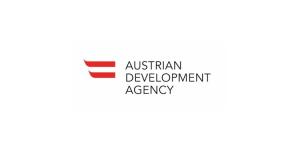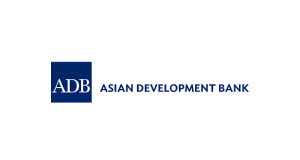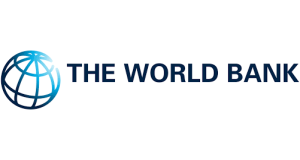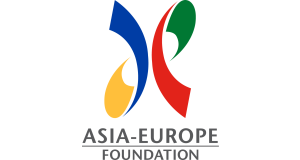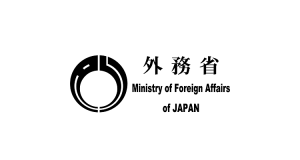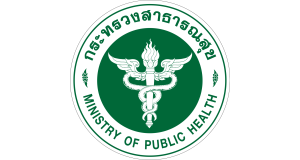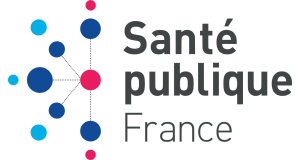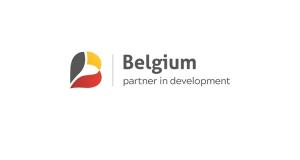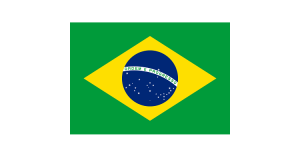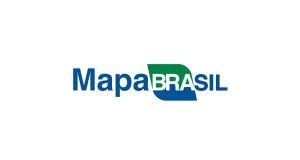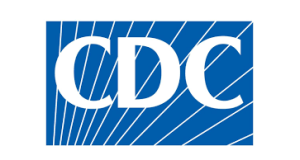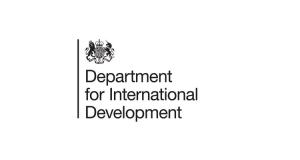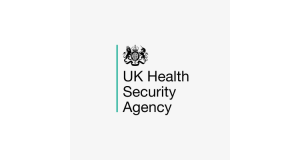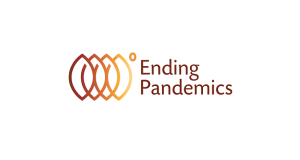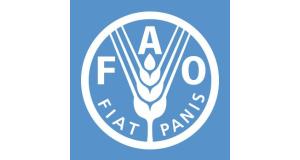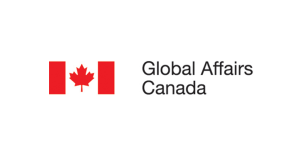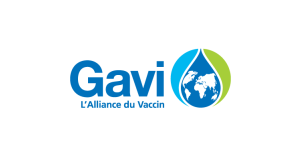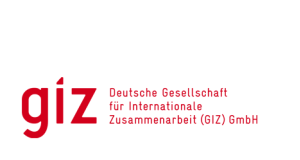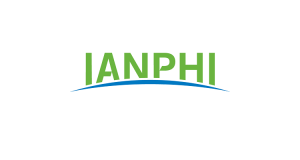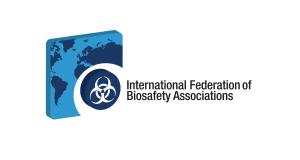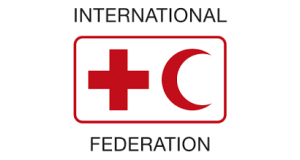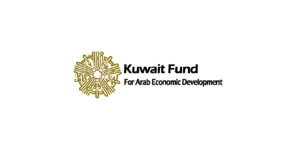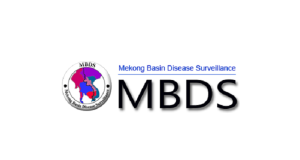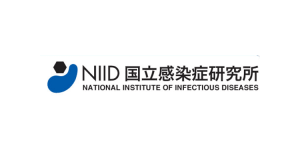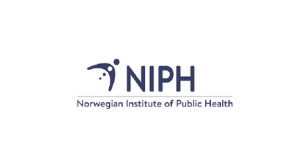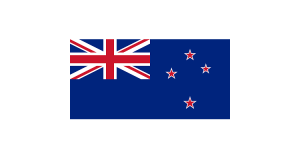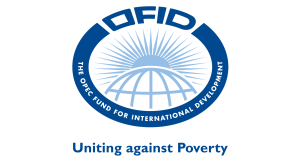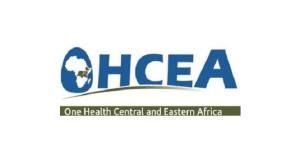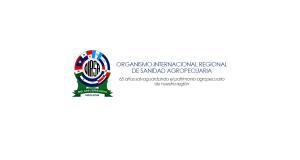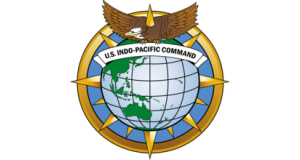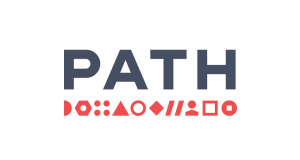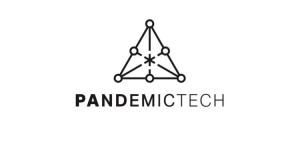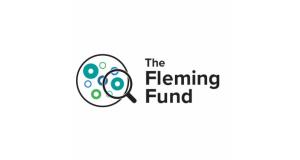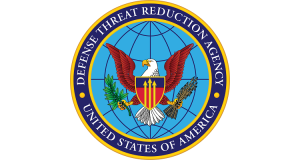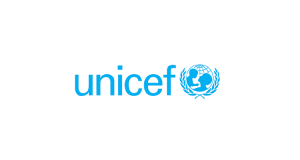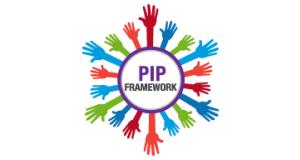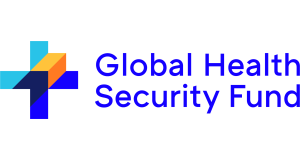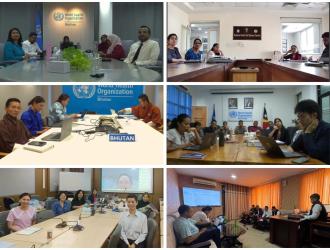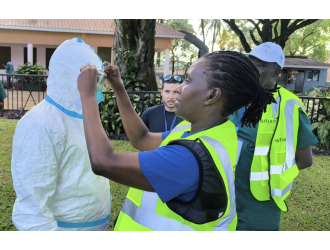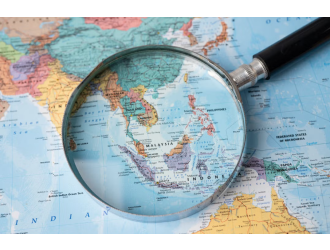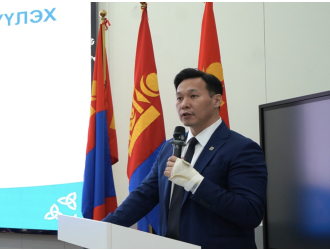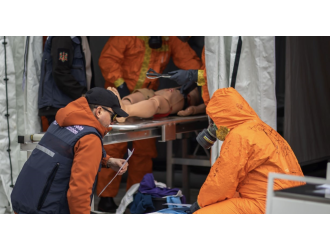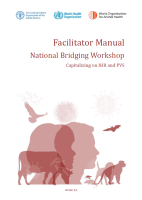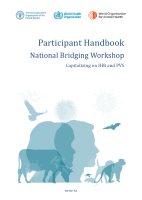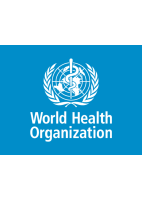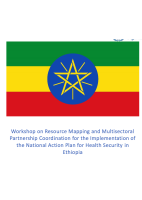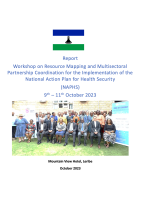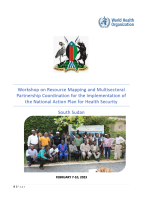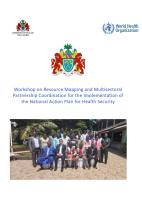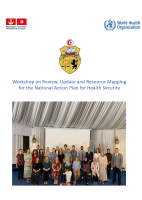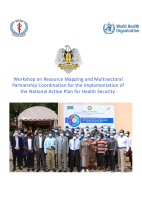Strategic Partnership for Health Security and Emergency Preparedness (SPH) Portal
An interactive digital platform that facilitates sharing and exchanging the latest information on multisectoral health security investments, activities, and capacities on a national, regional, and global scale. The World Health Assembly resolution "WHA A73/14" acknowledged the role of the SPH Portal as a central repository for data and reports on the International Health Regulations (IHR) 2005 Monitoring and Evaluation Framework assessments.
Country Profile
The SPH Portal offers comprehensive profiles for each Member State, which display crucial information on the country’s health security and emergency preparedness capabilities.
- SPAR
IHR States Parties Self-Assessment Annual Reporting (SPAR)
- 195
- Submitted (2024)
- IAR
Country Intra-Action Review
- 204
- Conducted
- NAPHS
National Action Plan for Health Security
- 146
- Completed Workshops
- SimEx
Simulation exercise
- 379
- Completed Exercises
- AAR
After Action Review
- 117
- Completed Reviews
- NBW
IHR-PVS National Bridging Workshops
- 66
- Completed Workshops
- STAR
Strategic Toolkit for Assessing Risks
- 175
- Completed Workshops
- REMAP
Resource Mapping
- 34
- Completed Exercises
- EXPERTS
Joint External Evaluation (JEE) Roster of Experts
- 925
- Total of Experts
The IHR Monitoring and Evaluation Framework provides an overview of approaches to review implementation of country core public health capacities under the IHR (2005).

Joint External Evaluation (JEE) Roster of Experts
The roster of experts was established to ensure effective support to the WHO Member States and the Regional Offices in the implementation of the Joint External Evaluations (JEE). This roster comprises technical experts with a wide range of expertise and professional experience required for effective evaluation of countries preparedness capacities for public health emergencies. Areas of expertise covered in the roster include the 19 IHR capacities that countries need to establish and sustain to be able to detect, prevent and respond effectively to public health emergencies. A filter is provided to facilitate the identification of experts for missions by a range of parameters, including area of experts, language, region of origin, gender and previous missions the expert has undertaken.
Latest News
The SPH Portal displays news related to Health Security and Health Emergency Preparedness.
List of NewsLatest Documents
The SPH Portal displays a document library containing key information on Health Security and Health Emergency Preparedness.
List of DocumentsPagination
- Previous page
- Page 2
- Next page
Calendar
The SPH Portal displays past, current, and upcoming events related to Health Security and Health Emergency Preparedness.
List of Calendar






